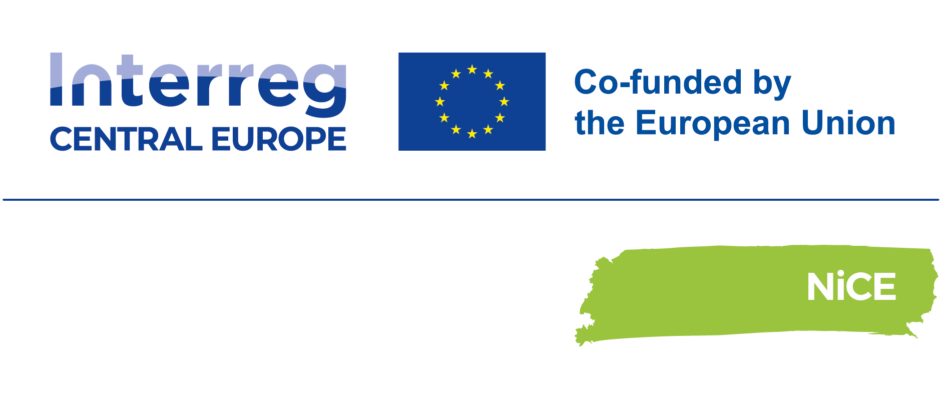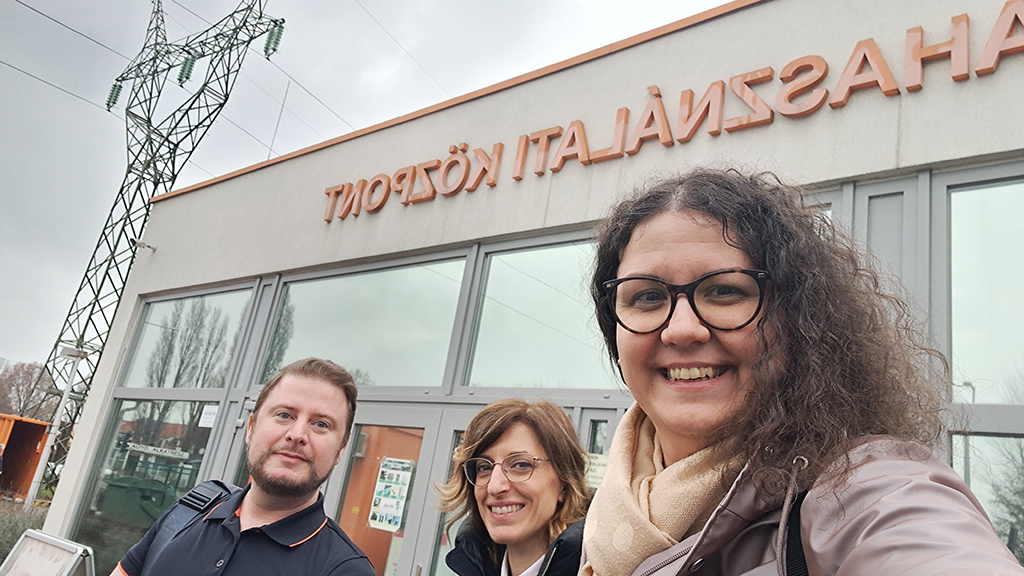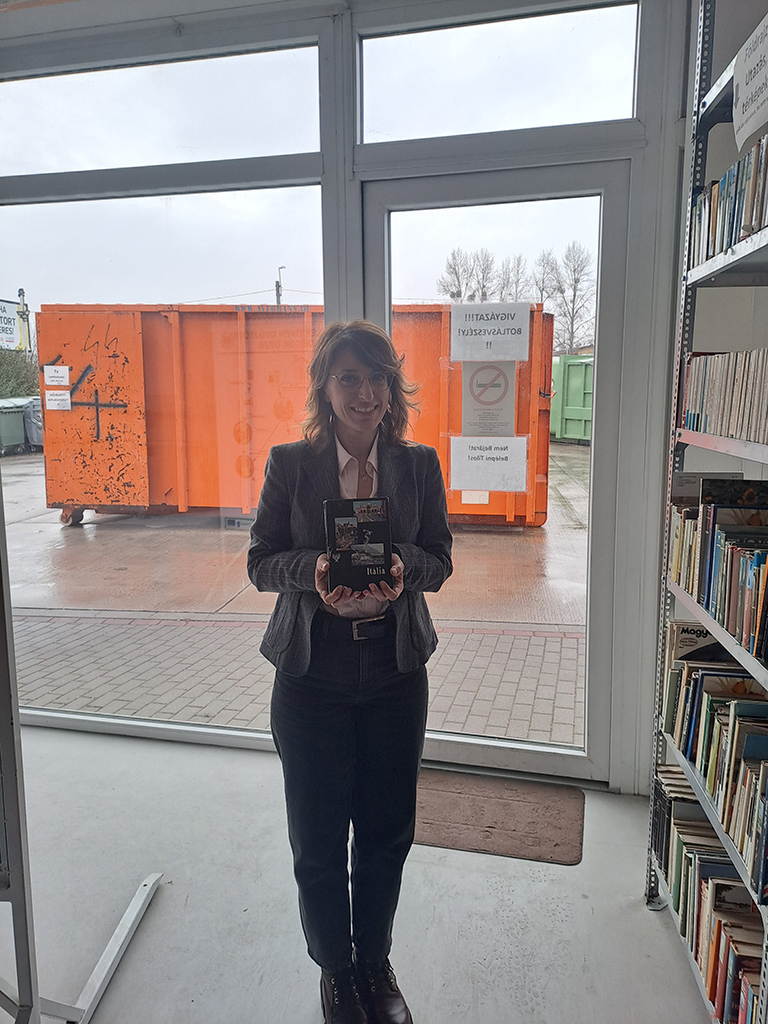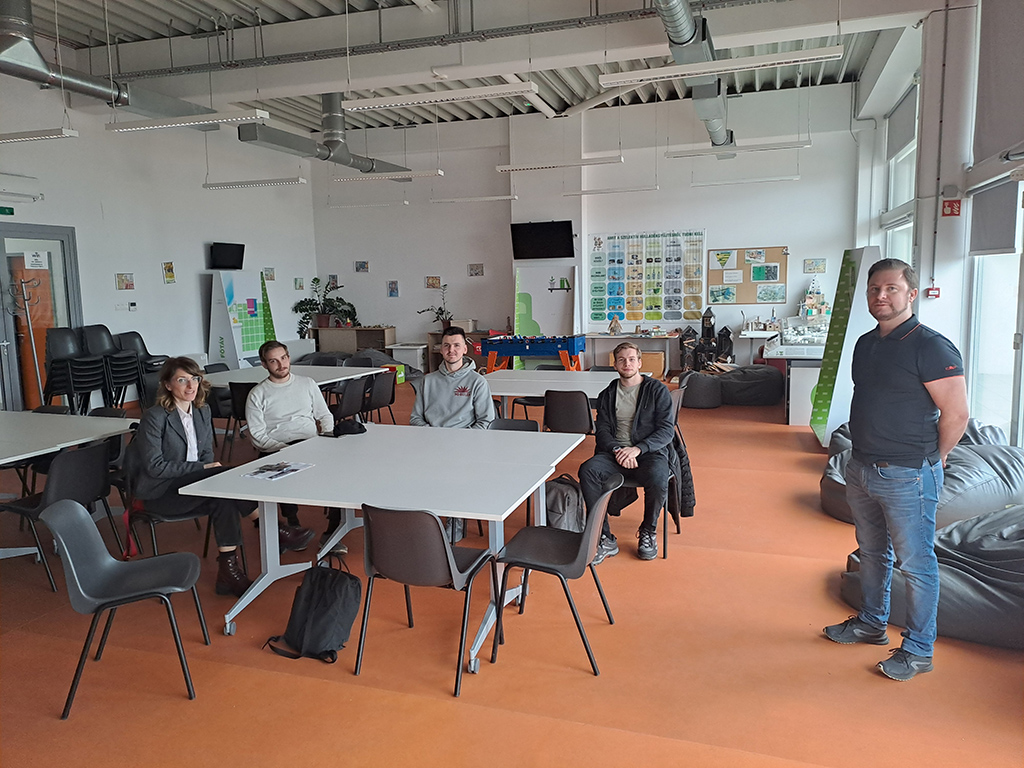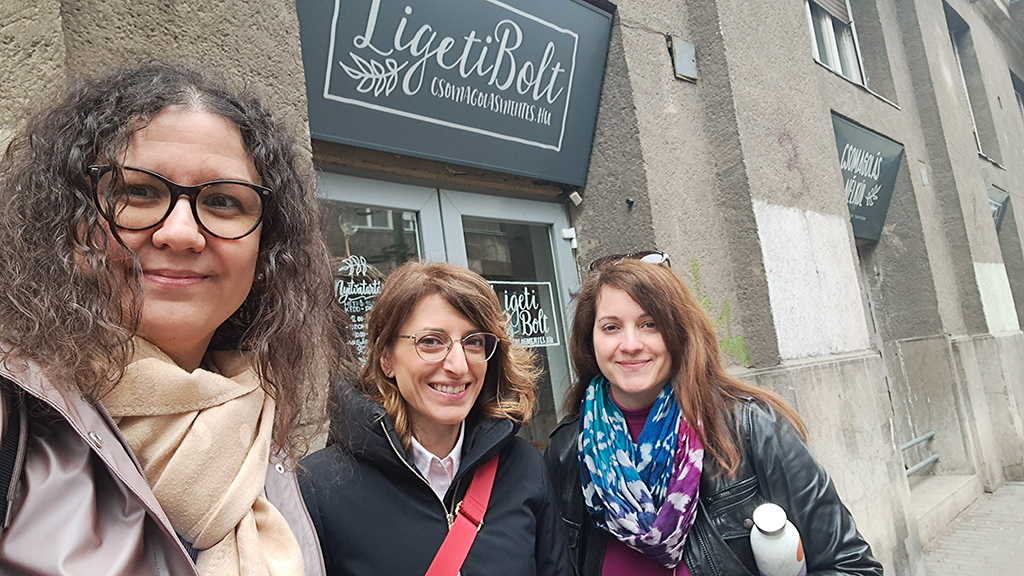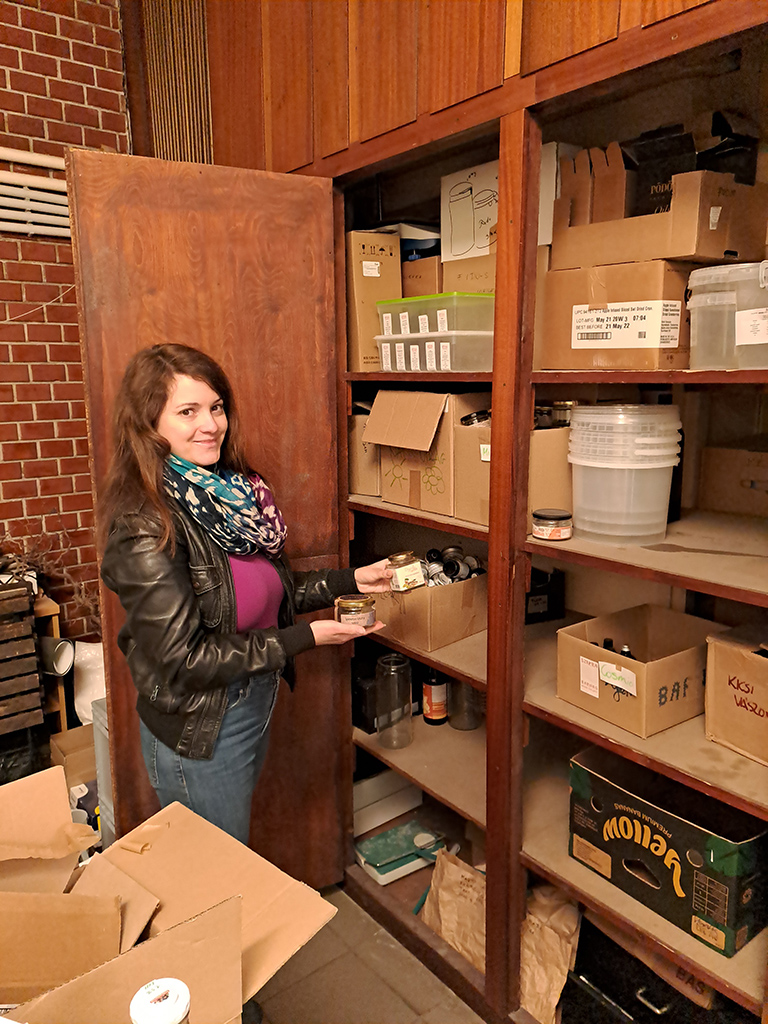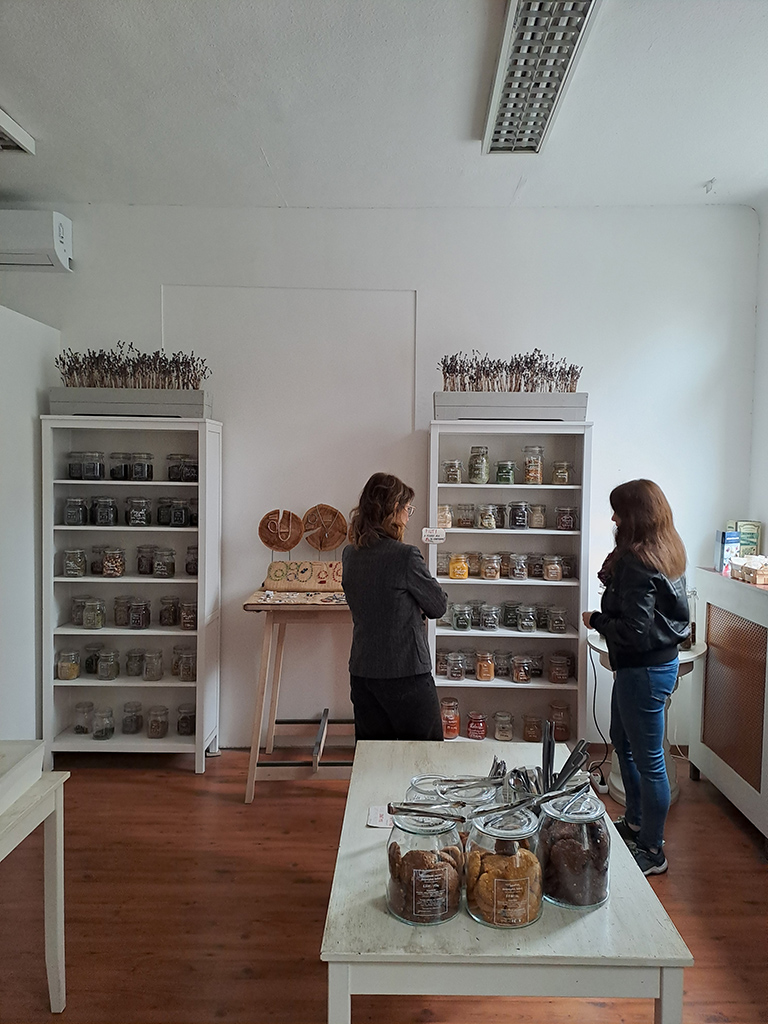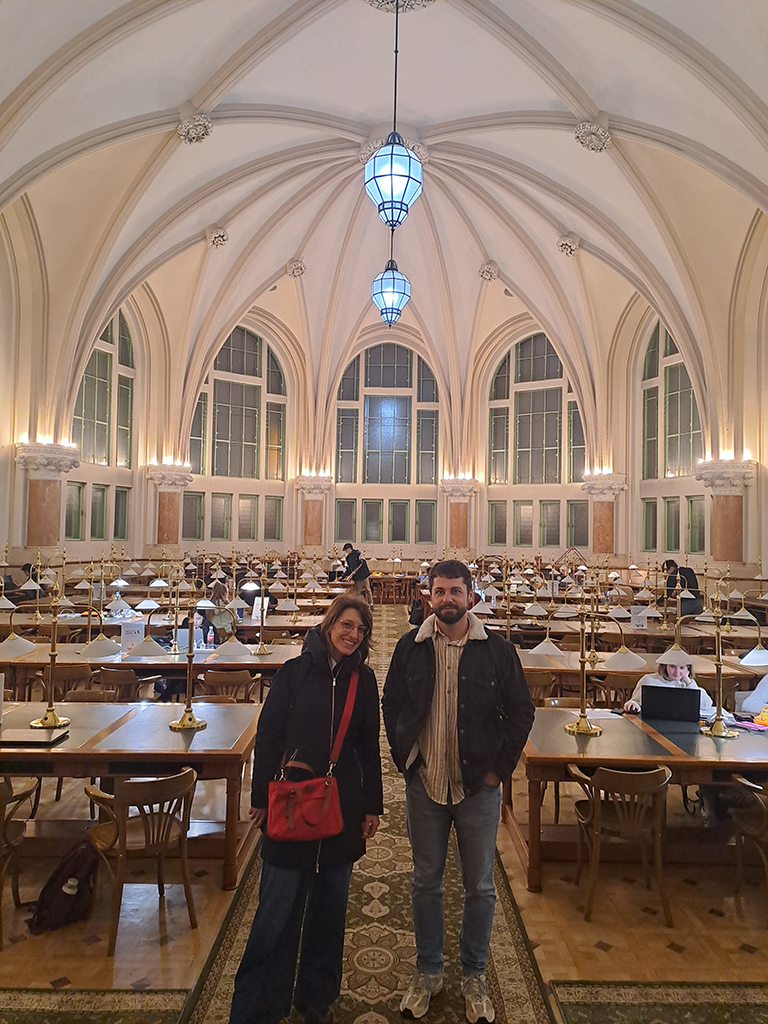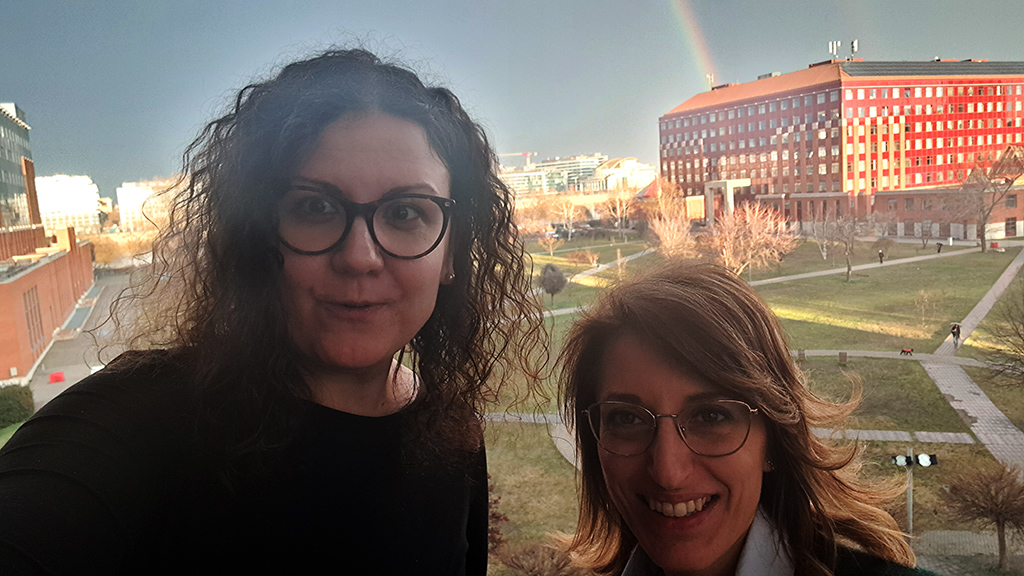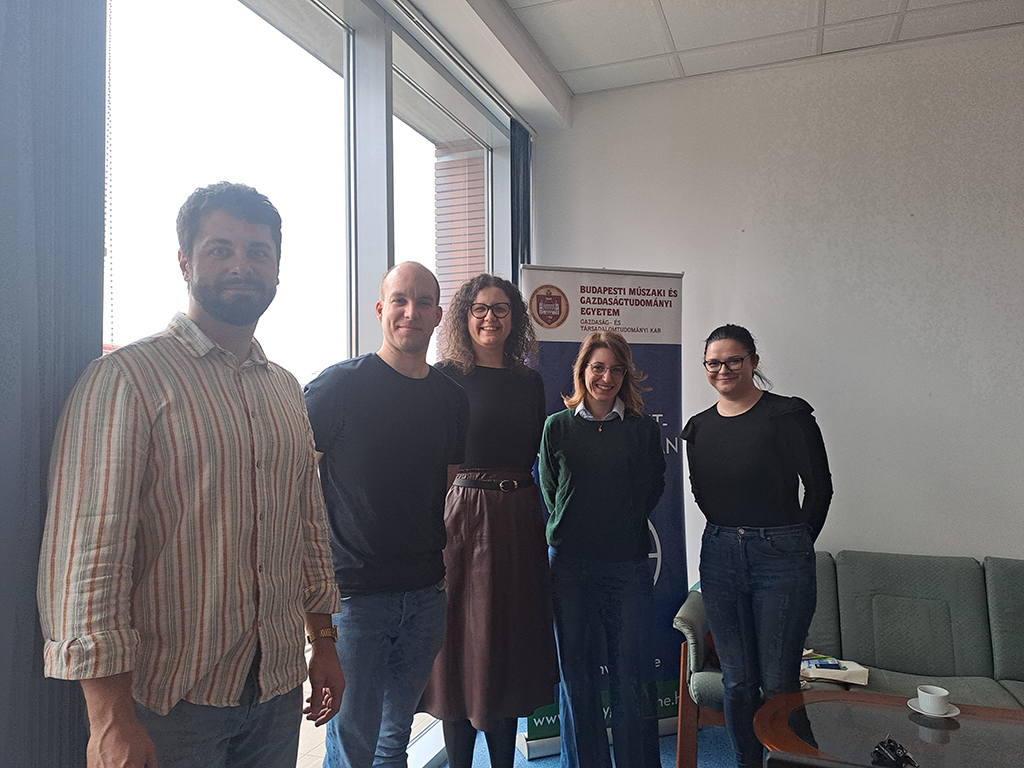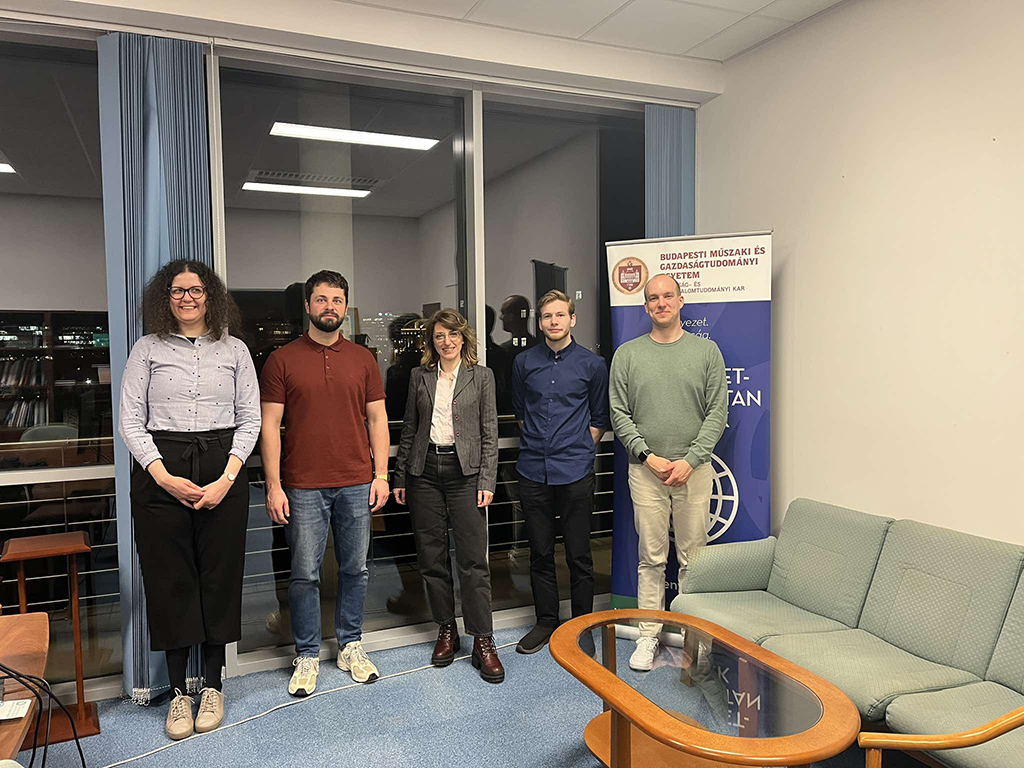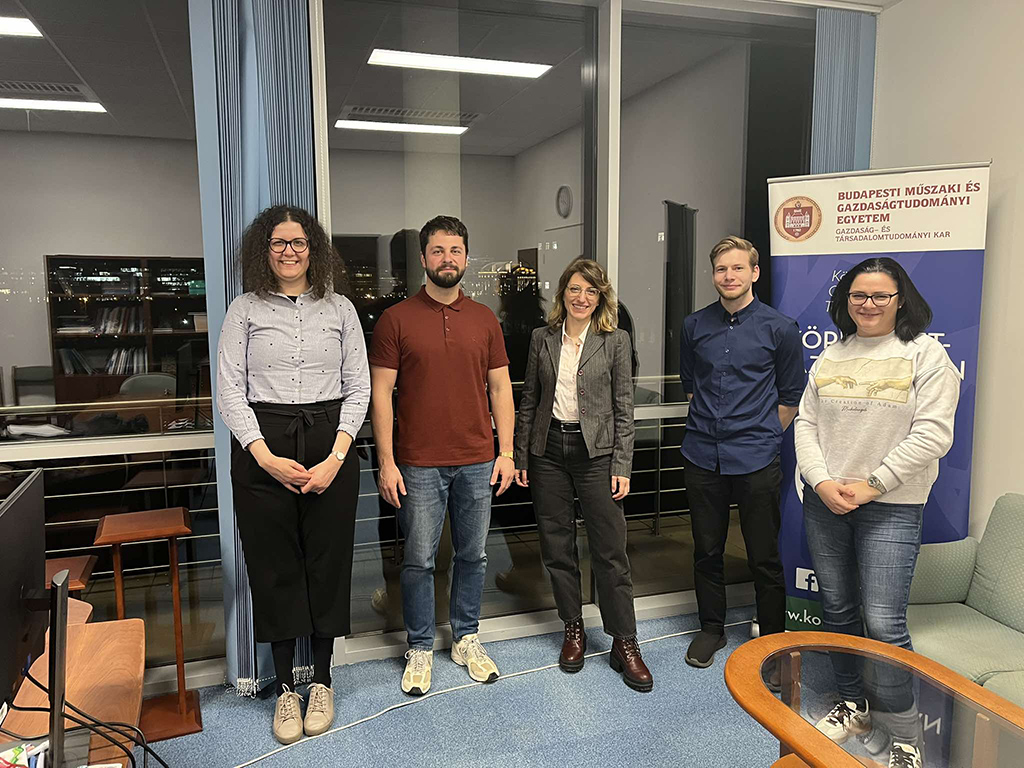Project pilot action blogpost 5. – Activation of users for circular lifestyles – review of the BME pilot action
Implementation of the pilot action “Co-creation for more circular cities at the Budapest University of Technology and Economics” related to the Interreg CENTRAL EUROPE NiCE project of the Department of Environmental Economics and Sustainability of BME, Part 5: Activation of users for circular lifestyles – review of the BME pilot action
Within the framework of the NiCE project, the BME Department of Environmental Economics and Sustainability is working together with the Italian National Agency for New Technologies, Energy and Sustainable Economic Development (ENEA) to develop solutions that help consumers integrate circular economy principles into their everyday lives. The Tandem is working towards the idea of linking urban living with circular lifestyles with special attention to sustainable water consumption, e.g. through public events, education and experiments of circular water DIY pilots (i.e. hydroponics). The main research question of the Tandem is: What are the most effective ways for the activation of users to circular lifestyles especially in the field of circular water management? In general, transnational tandem partners will also closely work together during the implementation phase: They will review the other party’s pilots, support each other with their knowledge and learn from one another.
Within this framework, the Department has announced various workshops, including the European Researchers’ Night 2024 and the Intensive Seminar of the Master programs at the Faculty of Economic and Social Sciences (GTK). Students from the Energy Engineering, Environmental Engineering, Engineering (Industrial) Management, and Management and Leadership programs have applied for the Sustainable Business Model Design course in the spring semester of 2024/2025, where they will collaborate with different organizations.
The peer review of the BME pilot action was conducted by Emanuela De Marco, a researcher from the Department of Sustainability (SSPT), Section Integrated and Nature-based Solutions for Urban Regeneration at the Italian National Agency for New Technologies, Energy, and Sustainable Economic Development. The review took place at the BME Department of Environmental Economics and Sustainability in Budapest from March 10 to 12, 2025. During the visit, the reviewer met the core project team and university students, as well as visited pilot action partners (Ligeti Package-Free Shop and one of the FKF Educational and Reuse Centers).
On the first day, Emanuela De Marco (ENEA) met the core members of the NiCE BME Team, including:
- Attila Buzási – Head of Department, Associate Professor
- Fruzsina Bozsoki – PhD Student, Research Fellow
- Ádám Csuvár – Assistant Professor
- Mariann Szabó – Assistant Professor and Scientific Coordinator of the NiCE project at BME
The meeting was followed by a peer-to-peer consultation between Emanuela De Marco and Mariann Szabó on the implementation status of BME’s pilot action. Prior to the meeting, BME colleagues had published an implementation report outlining the project’s status quo. The discussion focused on stakeholder involvement, needs analysis, results, challenges, and feedback from beneficiaries.
The BME pilot action engages a variety of stakeholders, including Hungarian and international university students, academic staff, businesses, and Budapest citizens. Mariann Szabó emphasized that the core activity of the Sustainable Business Model Design course has been complemented by initiatives that expand stakeholder engagement. Inspired by ENEA’s approach, BME decided to organize a workshop at the European Researchers’ Night 2024 Programme. Additionally, two workshops were integrated into the Intensive Seminar of the GTK Master Programs, an initiative suggested by Mária Szalmáné Csete, Associate Professor and Vice Dean for International Affairs, who is also a member of the Local Stakeholder Board of the BME pilot action.
The first day concluded with a social program at Bartók Béla Boulevard, a relatively new urban redevelopment and placemaking initiative in Budapest’s XI. District.
Second Day – Site Visits with Project Partners
The second day focused on meeting the project partners collaborating with university students in the Sustainable Business Model Design course.
Site Visit 1: Ligeti Package-Free Shop
Emanuela De Marco and Mariann Szabó visited the Ligeti Package-Free Shop, where Erika Szabó, owner of the shop and a Local Stakeholder Board member, introduced the store’s history, business model, and its role in promoting sustainable consumption and lifestyles.
This visit was particularly insightful as it included a tour of both the shop and its storage area. The shop offers a wide range of packaging-free goods and collaborates with many local producers. Erika highlighted the store’s value retention practices, such as collecting used glass jars from customers and returning them to producers for reuse.
Despite economic challenges following COVID-19, the energy crisis, and inflation, the shop continues to operate successfully in a location well-connected by public transport.
Following the visit, the team had a business lunch, during which Emanuela De Marco expressed her enthusiasm for experiencing a package-free shop for the first time. Discussions during lunch covered the importance of local production and networks and the differences between Italy and Hungary in this regard.
Site Visit 2: FKF Education and Reuse Center (XVIII. District)
In the afternoon, Emanuela De Marco and Mariann Szabó visited the FKF Education and Reuse Center, where they met:
- András Hegedűs, Senior PR & Communication Manager at BKM Budapest Public Utilities Nonprofit Private Limited Company and member of the Local Stakeholder Board
- University students participating in the Sustainable Business Model Design course
Budapest currently operates two Education and Reuse Centers, where consumers can donate reusable goods, which are then sold at affordable prices. These centers also play a key role in awareness-raising and educational initiatives.
During the peer review visit, Emanuela De Marco and Mariann Szabó observed how students and project partners exchanged ideas and discussed the business model and challenges of Budapest’s waste management system.
The second day concluded with a social gathering at the BME Department of Environmental Economics and Sustainability, attended by the reviewer, the NiCE BME team, and a university student.
Third Day – Final Reflections & Next Steps
On the third day, the peer review wrapped up with a final meeting at a unique local spot (a milk bar), where Emanuela De Marco and Mariann Szabó reflected on the visit’s key takeaways and future activities.
Regarding the Tandem approach, they noted that both pilot actions focus on engaging diverse stakeholder groups to promote sustainable lifestyles through participatory methods, particularly the Living Lab approach.
Additionally, Emanuela De Marco suggested that students in the Sustainable Business Model Design course should be encouraged to develop future scenarios comparing business-as-usual and sustainable business model options for specific sectors.
The peer review provided valuable insights and strengthened the collaboration between BME and ENEA. The discussions and site visits highlighted the importance of stakeholder engagement, knowledge exchange, and sustainable business models in driving positive environmental change.
